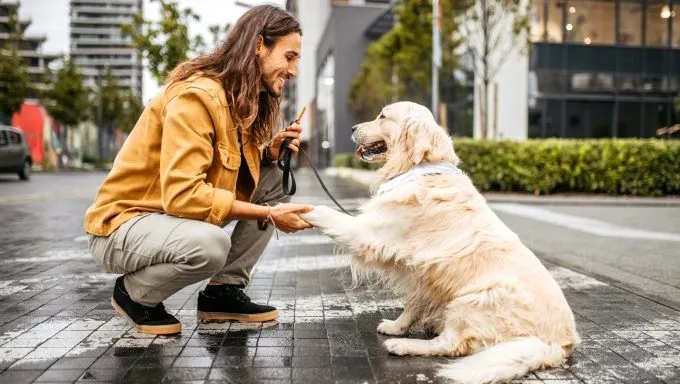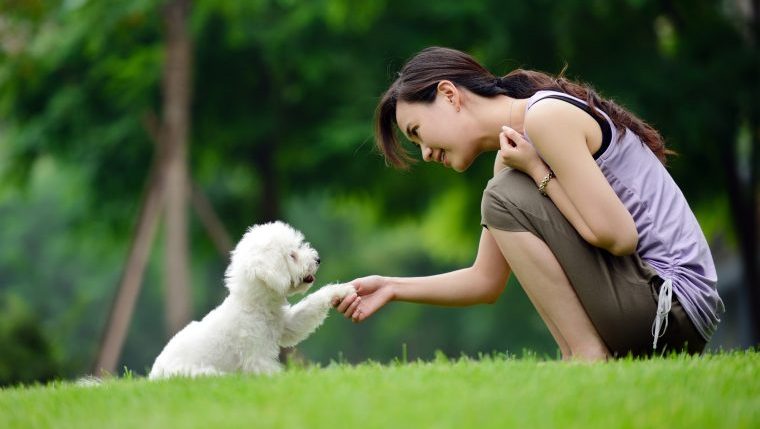
In a new dog study, researchers found that a dog’s cultural roles predict how they’re treated, reported Phys.org. Researchers from the Max Planck Institute of Geoanthropology conducted the study. Previously, the institute conducted research finding that people are incredibly bad at noticing when dogs are acting aggressively. Additionally, another study showed just how much dogs use their tails to communicate with us.
Not all dogs play the same cultural roles
For the study—published in Scientific Reports—researchers sought to understand how different cultures view dogs, and how that affects the way people treat them. According to the study, “almost all we know about dog-human bonds, dog behavior, and dog cognition is limited to Western, Educated, Industrialized, Rich, Democratic (WEIRD) societies.”
In order to understand how dog-human relationships look around the world, researchers gathered data from the eHRAF cross-cultural database. Interestingly, the database contains information from over 300 cultures around the world. Researchers use this data for various reasons, including “exploratory, in-depth cultural research, and cross-cultural comparisons.” Using the database, researchers studied how dogs are perceived in over 124 cultures, evenly distributed around the world.
Dog jobs predict treatment
Incredibly, researchers found that regardless of the culture, the number of jobs dogs had in a society predicted their treatment. Dogs with more jobs, like hunting, guarding, or herding, bonded closer to their humans.
Going even deeper, researchers coded different levels of treatment into three groups: positive care (dogs allowed in, given healthcare), negative treatment (dogs are shunned, mistreated, abused), and personhood (dogs are given names, buried, and treated like humans).
In general, researchers found that more cultural roles generally meant more positive care and personhood. Contrastingly, increased functions usually meant more negative treatment. However, not all functions had equal effects. Namely, hunting had no effect on positive or negative treatment but did positively affect personhood. Therefore, societies that hunt with dogs don’t necessarily treat them better. But, they do name their dogs and consider them family.
Additionally, positive care and negative treatment were not mutually exclusive. In fact, over half of the societies studied showed aspects of both. In turn, researchers suggest that this shows that dog-human relationships can be very nuanced.
Dog study raises new questions for future research
“Our study adds a systematic test for explaining the cultural drivers that shape the variety of dog-human bonds around the world,” said Juliane Bräuer, one of the study’s named authors. “This represents a first step into understanding whether the cognitive and social skills associated with dogs are universal or are influenced by the cultural environment the dogs live in.”
Ultimately, the research team wants to continue studying how different cultures bond with dogs. Hopefully, this will help tell the story of how our two species evolved to become best friends.









